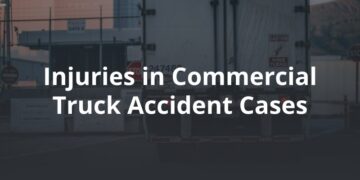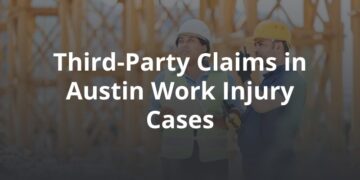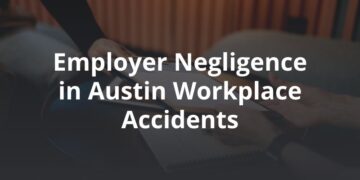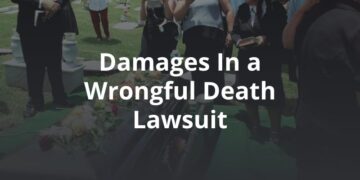Personal injury covers a broad range of claims and cases. It’s likely one of the largest areas of civil law in the U.S. If an injury happens for any reason as a result of someone else’s action or inaction, it falls under the personal injury umbrella—as a result, it’s a fairly flexible area of practice.
For example, the firm of FVF, LLP covers the following personal injury cases:
- Dog bites
- Bicycle injuries
- Brain injuries
- Truck accidents
- Wrongful death
- Premises liability
- Motorcycle accidents
These don’t even cover all of the personal injury cases we represent. Ultimately, our job is to investigate whether or not an individual or organization failed in their “duty of care.” This is what the law means by “negligence”—failure to exercise responsible action. Negligence is the foundation of all personal injury practice—without the principle of negligence, no one could be found guilty of wrongdoing in civil law when it comes to injury or death.
What Is “Duty of Care”?
Essentially, all people everywhere are responsible for a certain duty of care, as mentioned above. What this means is that everyone—on some level—is responsible for the safety and well-being of those around them, to varying degrees.
This includes dog owners, property managers, drivers, and even cyclists.
When someone is hurt or killed, relevant individuals/businesses are scrutinized for their part in the injury.
Certain groups of people adhere to different levels of responsibility, and if they fail to meet that standard, the law will find them negligent. Professional standards are established in order to clarify, as much as possible, when a person is negligence vs. when they are acting reasonably.
These standards can help distinguish between uncontrollable circumstances and incompetent people, or acts of God versus reckless action.
For example, doctors often have to adhere to the highest standard of care because they explicitly provide treatment services. If someone is harmed under their care because they acted in a way that a doctor shouldn’t, the law will hold them accountable.
Trucking companies, similarly, must ensure that their drivers are safe and rested to prevent accidents—this demonstates that parties who are indirectly responsible can still be held accountable.
If you have any questions about personal injury law or who might be responsible for your pain and suffering, contact FVF, LLP today.






